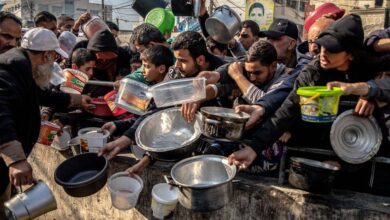
Hearing the demands of the student protesters partially this year, Bangladesh’s apex court has trimmed down a much-debated quota system over the appointments in the civil vu.
This decision has been reached at a time when the nation has experienced several days of protest together with violent confrontations with the police, which places this development on a new level of the discussion of the fairness of the quota system.
The quota system, which was a major process that ensured a significant proportion of government employment was given to relatives of veterans of Bangladesh’s 1971 independence war, had initially evoked severe reactions among students. It is noteworthy that critics claimed that the system was biased and privileged those supporters of the incumbent Prime Minister Sheikh Hasina’s ruling Awami League party.
Concerning quotas, the Supreme Court has reduced them from 30 percent to 5 percent for the relatives of veterans, and 93 percent of the jobs are now open for merit. The rest of 2 percent will be provided for ethnic minorities, transgenders, and persons with disabilities. That being said, the cut failed to meet the demonstrators’ expectations regarding eradicating all quotas.
These protests, which the government said were some of the worst that had happened during Hasina’s rule, saw universities shut down, the internet shut down across the country, and the government placed the country on a stay-at-home order.
Protests degenerated into the use of violent acts where members of the police force had to resort to using tear gas, rubber bullets, and smoke grenades while targeting the protesters who engaged in the use of stones. The authorities failed to report any statistics on the number of dead people. However, local sources stated that as many as 103 people were killed; in other states – up to 151.
This escalated as soldiers were deployed to the major cities to help with security. Home Minister Asaduzzaman Khan declared a brief ease to the stay-at-home orders for purpose of necessary shopping and declared days off to deal with the crisis.
The given results consider the Supreme Court’s order to decrease the quota system a partial victory for the students protesting unfair conditions. However, the issues concerning the quota system and social conflicts in Bangladesh’s society have not ceased, and more events and conditions related to this intricate subject are expected to emerge in the near future.



